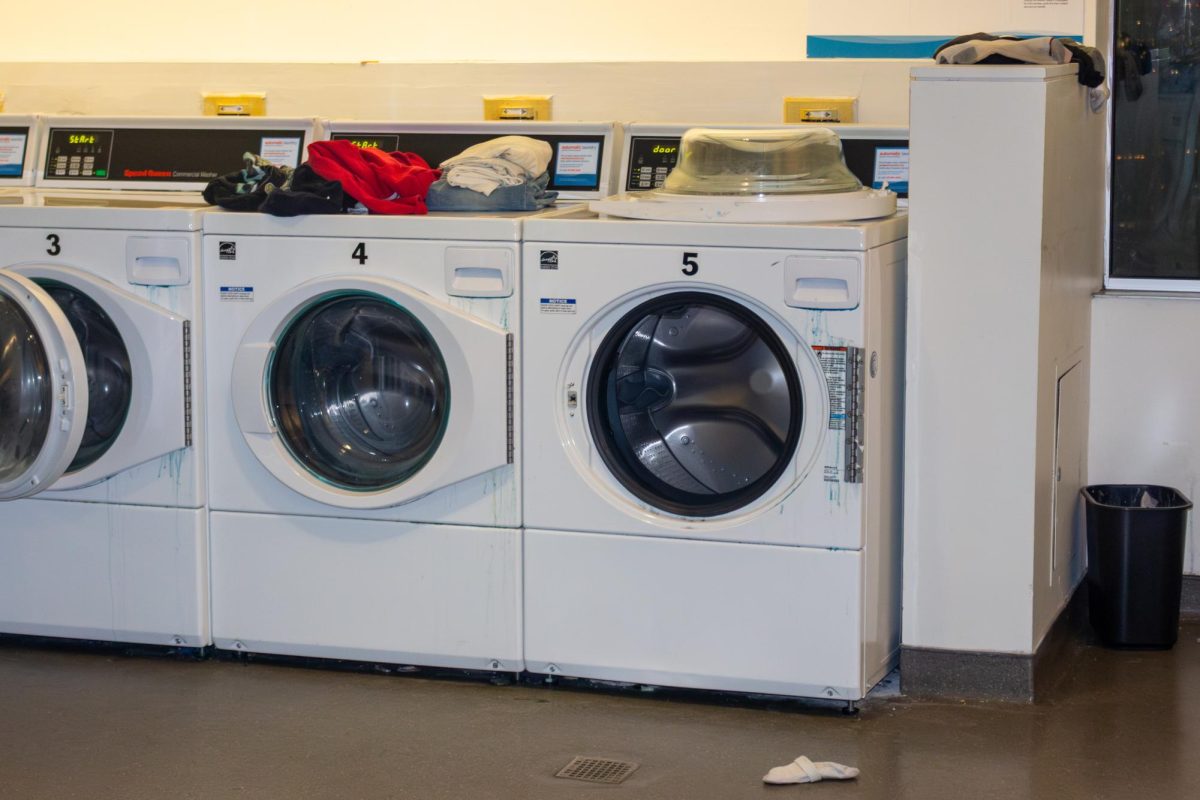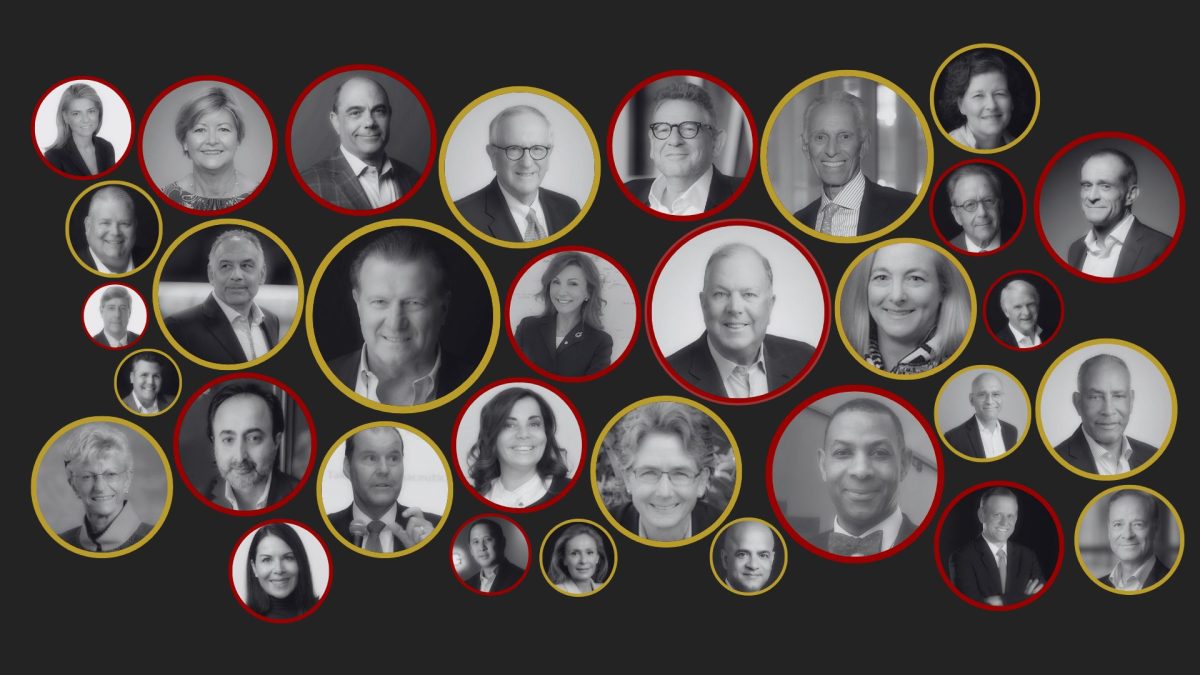By Lucia Allen
Electronic book devices have been available to the public for years, but improved versions, like Amazon’s Kindle and Sony’s Reader Digital Book, remain unpopular among Northeastern students and faculty.
English professor Gary Goshgarian said e-books are merely a gimmick and hopes they will not replace paper books.
“I’m an old-fashioned kind of person, so perhaps it’s a generational thing,” he said. “I would not be interested in paying $400 to hold an electronic memory of books.”
English professor Francis Blessington heard about the devices as early as 10 years ago, and after being told it was “the new coming thing,” he said he wondered why it still hasn’t caught on.
“There has always been other ways of presenting [literature],” Blessington said. “You had the oral, because there was no other way of representing the spoken word; the Chinese had screens where people had to walk along to read. It depends on what people get used to and what will cause the revolution.”
In 1998, CNN suggested in an article that people will continue to use paper books for decades due to their resolution, portability and disposable qualities. However, the article said e-books would eventually dominate.
Recent data suggests this is coming true: e-book sales topped at $33 million in 2007, according to the International Digital Publishing Forum, which tracks the sales of such items.
Yaewon Kim, a sophomore biochemistry major, said the e-book would be sufficient for books that are large and hard to carry around, like the Harry Potter series.
“It’s kind of useless other than that. I like reading something tangible, collecting my books on a shelf and folding corners to save places I want to come back to in a book,” Kim said.
However, this growth may not be enough to save e-books. By 2003, a number of big name sellers in the literary industry – like Barnes and Noble – had stopped selling e-books because of dismal sales and Gemstar stopped selling its Softbook e-book devices and e-book content that same year.
Goshgarian said he believes the transition to e-books is overrated. The fact that the industry has the technology to create them, that doesn’t mean it should be done, he said.
“I think [electronic books] take away from the individuality and integrity of the books and the authors,” he said. “It’s not just words on a screen, and that’s what a book is reduced to. It’s the same thing with music; albums within a person’s collection are individual and there’s the physical example of each artist. Music on an iPod becomes just a stream of music.”
The Kindle and the Sony Reader, however, offer iPod-like advantages for readers. For instance, they’re easily accessible.
The downsides of e-books include delays when moving from page-to-page, inabilities to zoom-in on displays, making some things unreadable, missing features like a light and minimal Macintosh compatibility.
Kim, who is Korean, also reads book in her native language, and said e-books in Korean wouldn’t be easy to find anyway.
“I wouldn’t buy an electronic textbook,” Kim said. “It hurts my eyes to read the screen for so long and I can’t even go back and take notes.”
Nanre Garba, a sophomore political science and international relations double major, said she is unfamiliar with the e-book technology.
“I would use it for my math book, even though it’s a tiny, thin book, because it’s more aesthetically pleasing,” Garba said. “I wouldn’t use it for novels or anything. I would just grab a book if I needed to read a book.”
According to a website, consumerreports.org, the Sony Reader, which costs $299, is poised to be a mainstream bestseller, at least as more of a niche product if consumers meet certain criterion. People who often take many books with them when they travel, read mostly bestsellers and familiar classics, are willing to give up the tactile experience of reading a “real” book and are comfortable with technology that isn’t yet mature and polished are likely consumers.
People want iPods to download MP3s, but they may not necessarily want to download books, Blessington said.
“I don’t see it being like the record industry, where the industry simply did away with everything [like CDs],” Blessington said about paper books, but added that she agrees there may be potential for e-books nevertheless.
“Perhaps the same way you forget you have a book in your hand, you may forget you have one of these e-book readers in your hand as you become involved in the story and the characters,” she said.









